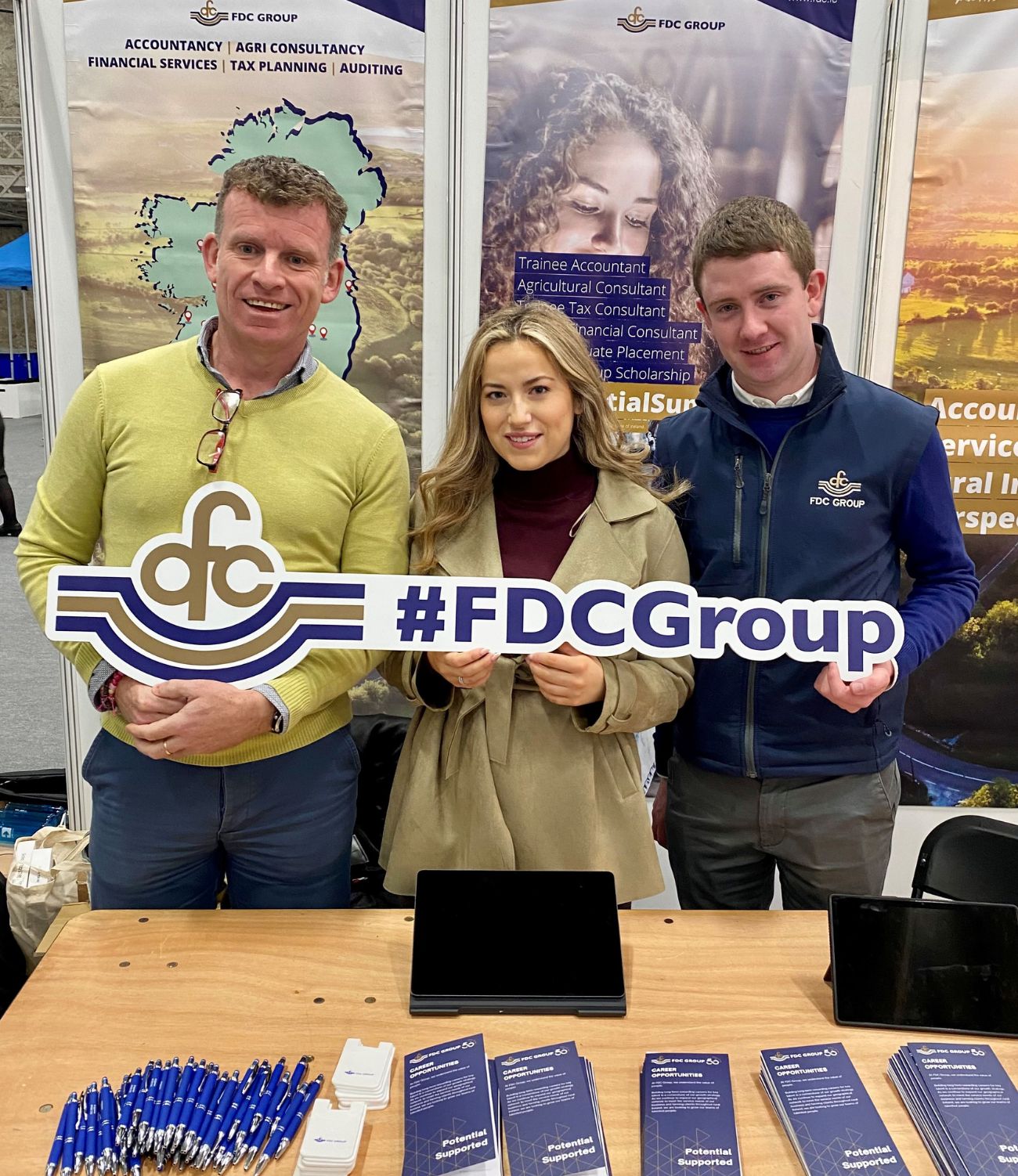Understanding Abilities for the Business we work in

FDC Group Training is based on the desire to build business abilities (https://www.fdc.ie/what-we-do/training/).
It is self-evident that different businesses require different skills, competencies and abilities. It is also the case that individuals vary about their own mental abilities and the extent to which they apply them in their environments. The ‘happy’ scenario is that a match should occur between our skills/capabilities and the business we work in. Still, reality suggests that this is only sometimes the case.
There can only be a job mismatch between the individual’s capabilities and the business we work in. This often leads to a level of stress either for the individuals or the company, unable to cope or, at times, leaving unfinished work. A person’s ability depends upon their intelligence. Still, the study of intelligence has revealed several controversies and sensitivities.
Different schools of thought have emerged about the study of abilities. Similar debates to the ones that surround the reflection of personality have also swirled: –
- Is intelligence inherited? Is it constant throughout life? Is it dependent upon our life experiences, culture, education, etc.?
- What is the nature of intelligence? Can it be measured, and how?
Binet and Simon, working in France, were the first psychologists to measure ability systematically and structure. The ideas of Binet were advanced, and an intelligence test known as the Stanford-Binet test was developed and designed to measure intelligence across a wide scale.

Other models highlight 120 abilities and suggest that ability requires individuals to think in one of three dimensions.
- Content: – What must the individual think about (for example, meaning of words or numbers)?
- Operations: – What kind of thinking is the individual required to do (for example, recognising items, solving a problem, evaluating an outcome)?
- Products: – What kind of outcome or answer is required (for example, classifying or reordering items)?
Balancing the Content (what is the meaning), the operations (what is required from me), and the product (what is the outcome) allows a way better understanding of how to gauge ability and how to improve it.
From this, our learning at FDC Group (https://www.fdc.ie/what-we-do/training/) thrives on how to develop abilities, but this is not leadership or time management. Still, it could be for you and your area of business on how to:
- Understand the business environment and wording that is used (Content)
- Upskill the individual to understand situations and how to approach them (Operations)
- To become a problem solver for you and the people around you (Products)
So, in this article/post, what am I trying to say … do we understand our abilities and how to cultivate them? In a simple world, knowledge is based on the Content, operations and Product. Of course, there are factors such as the external environment, cultural pressures, etc., but I hope this has made you think.


